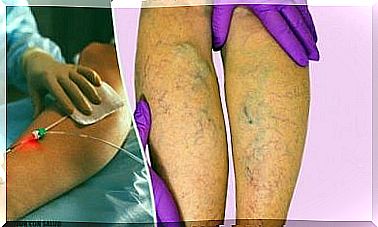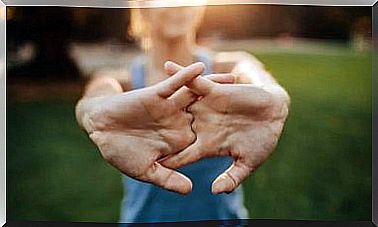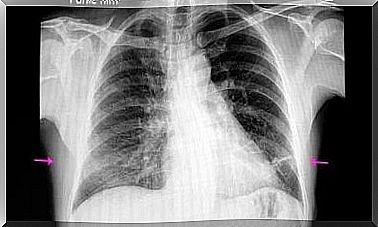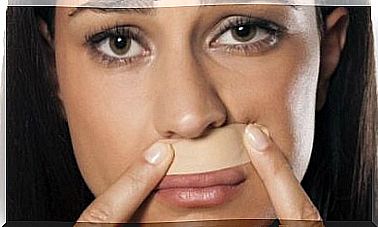Bedwetting In Children – Causes And Treatment
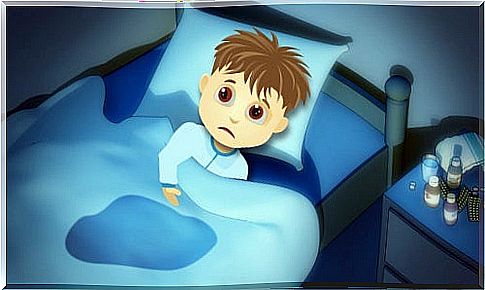
Bed urination (called by doctors and psychologists primary nocturnal enuresis or urinary incontinence) refers to the inability of little ones to control their bladder. As a result, they urinate in their sleep.
There are also cases of involuntary urination during the day. If you are a parent, the information we are going to present to you will be very useful to you. What are the causes of bedwetting and how can this problem be remedied?
Read on and you will find out!
What is urinating in bed?

Bedwetting is the involuntary elimination of urine in children over four years of age.
This problem usually occurs during sleep, but some children may urinate involuntarily even when they are not sleeping. In this article, however, we will only talk about the little ones who urinate involuntarily when they sleep.
Control of bowel and bladder movements are skills that the child acquires as he or she grows. These mechanisms reach maturity when the child is 15-18 months old.
Several factors can influence the control of defecation and urination, such as letting the baby go to the toilet alone or removing diapers from his daily routine.
The learning phase
At 15-18 months, the baby should already be able to urinate alone, or at least should be in the learning phase. There are a variety of tricks used by parents to teach their children to use the potty.
One of these would be replacing diapers with a pair of panties so that the little ones can see how unpleasant it is to get wet. Pediatricians, various books, but also grandparents, can provide very useful advice at this stage.
If the little one matures properly and manages to learn the lessons given by his parents, he will become “a boy or a big girl” and will start using the toilet like an adult. That means he’ll let his parents know every time he needs to urinate.
Studies show that around the age of four or five, most children can control their bladder and no longer need the help of an adult to use the toilet.
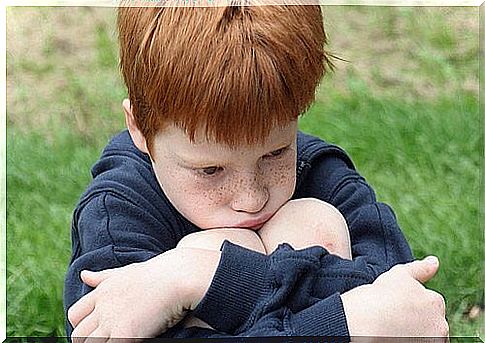
regress
There is a possibility that a child will not learn to control his bladder and will not be able to use the potty even after many attempts.
This problem can occur especially at night, the child not realizing that he has to urinate and regressing to the stage when he was a baby and was protected from diapers.
Possible consequences of this problem include wet sheets and blankets of urine, crying, nightmares and many worries for parents.
Usually, urination in bed is installed around the age of five, and can occur every night or with breaks. In the worst cases, the problem can continue until adolescence.
Possible causes
Bed urination in children can be caused by the following factors:
- A small bladder (especially if the little one tends to urinate very often during the day)
- The child did not learn to walk the pot properly
- Stress, nervousness, anxiety, changes in the home, separation from parents, problems at school or quarrels with siblings
- Teaching the child to go to the potty too soon or too late
means
Bedwetting can be remedied by both psychological and medicinal means. The problem can be treated as long as its causes are known.
But first it is essential that parents keep their temper, do not become angry and do not punish their child or scream at him.
Remember, urinating in bed has a negative psychological impact on the child, which can cause depression, shame, shyness, low self-esteem and more. If the parents quarrel with the child, the situation will not improve, but will get worse.
To overcome urination in bed requires a lot of patience and a willingness to understand the child’s circumstances and help him.

Tips to help your baby overcome urination in bed
Give the baby some time
If your little one is five years old and has urinated in bed only once, do not run to the doctor immediately. Seek the help of a professional only if the problem is repeated frequently. Urinating in bed in exceptional situations is natural until the age of eight.
Do not blame, argue or mock the child
Urinating in bed is something involuntary, not an intentional mischief committed by the child. In such a situation, punishing the child can only be harmful and counterproductive. If scolded, the child will become more stressed, worried and nervous, and his self-esteem will decrease.
Don’t use diapers again
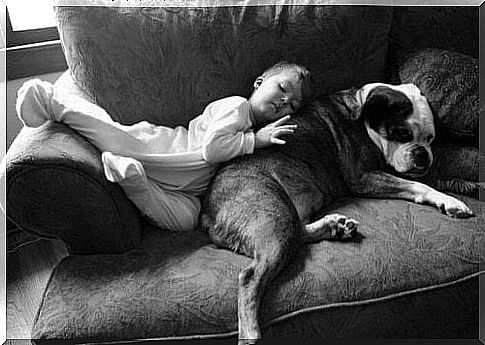
There are several reasons why you should not resort to diapers again.
- First of all, it is essential that the little one matures as he grows, not regress.
- Second, if he continues to wear diapers, he will get used to urinating frequently at night and the problem will get worse.
- Third, the child will feel embarrassed and may become depressed.
Don’t make the mistake of thirsting for your baby
Avoiding water consumption will not give the desired results. Your goal should be to help your child learn how to control his bladder at night, not to make sure he never needs to go to the bathroom because he is dehydrated.
Do not wake the baby during the night
By making the little one go to the toilet when you want, you will disrupt his sleep schedule, which is harmful to his health.
It is much better to give him the opportunity to realize himself when he needs to urinate. This way he will learn to wake up on his own initiative to go to the toilet.
Last but not least, take into account the emotional state of the child. Most likely he is at an age where he can remember what happens to him from one day to the next without any problem.
Teach him to trust you and help him express his feelings openly. Ask him, for example, why he thinks he is urinating in bed. Allow him to be an active participant in the healing process.
Together, you can’t fail!




